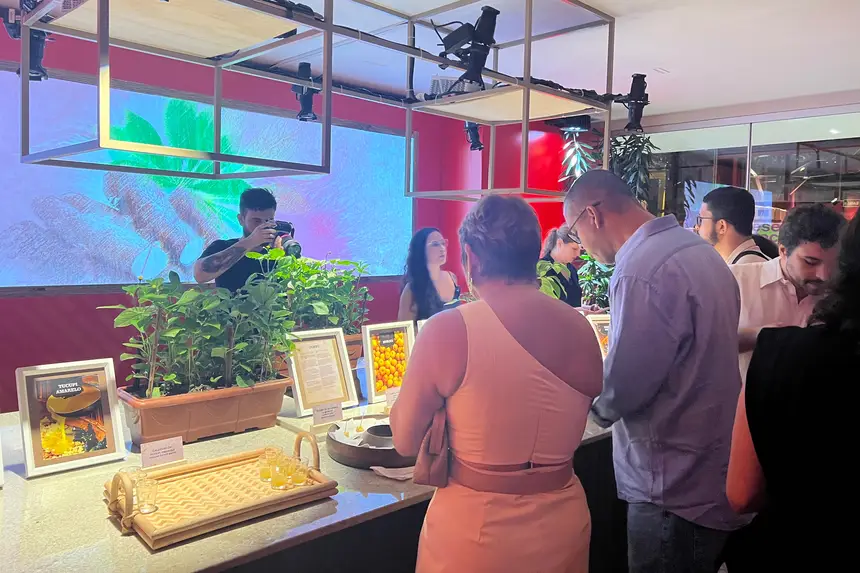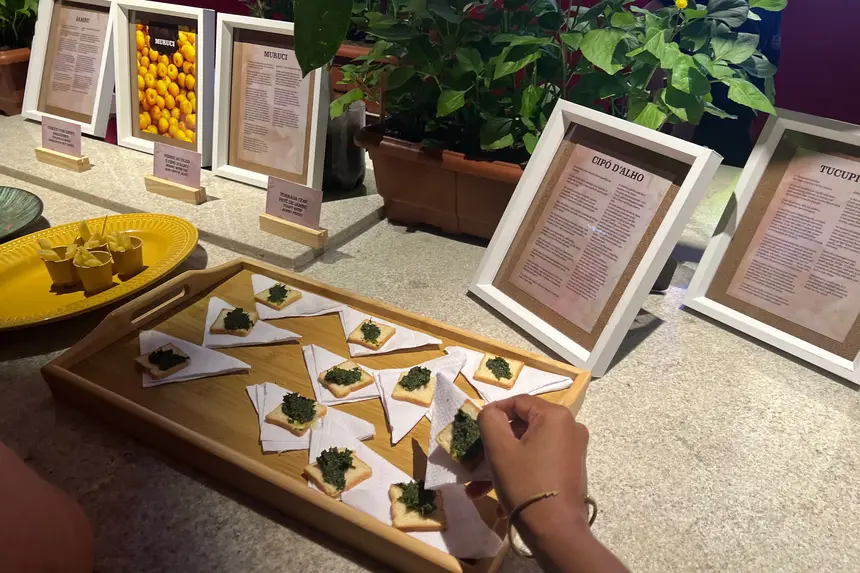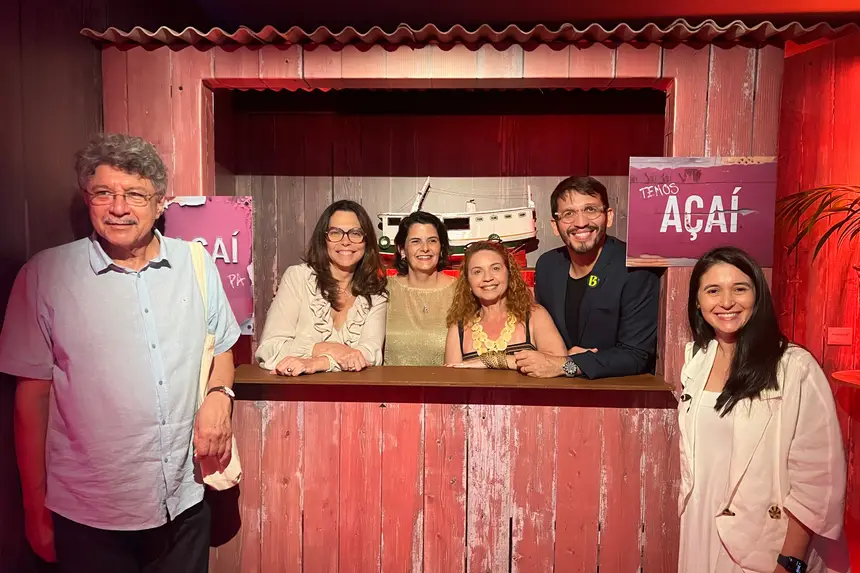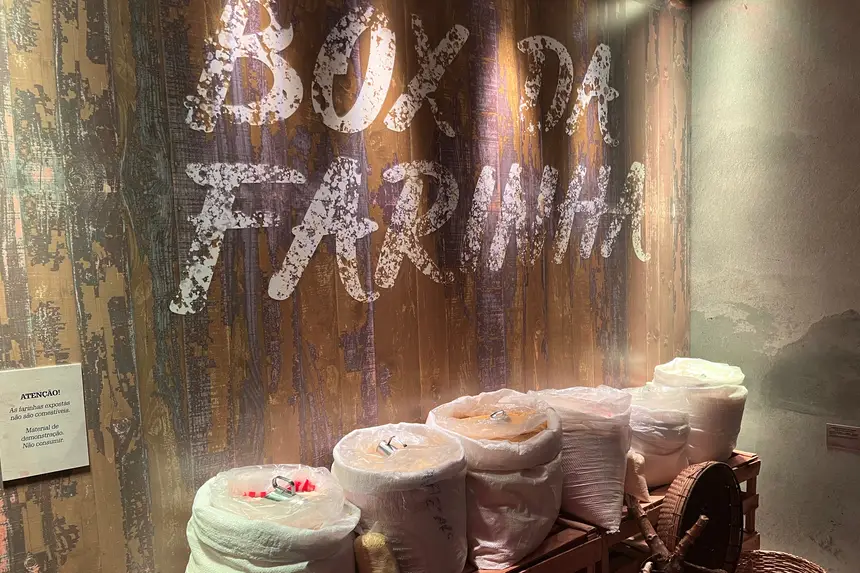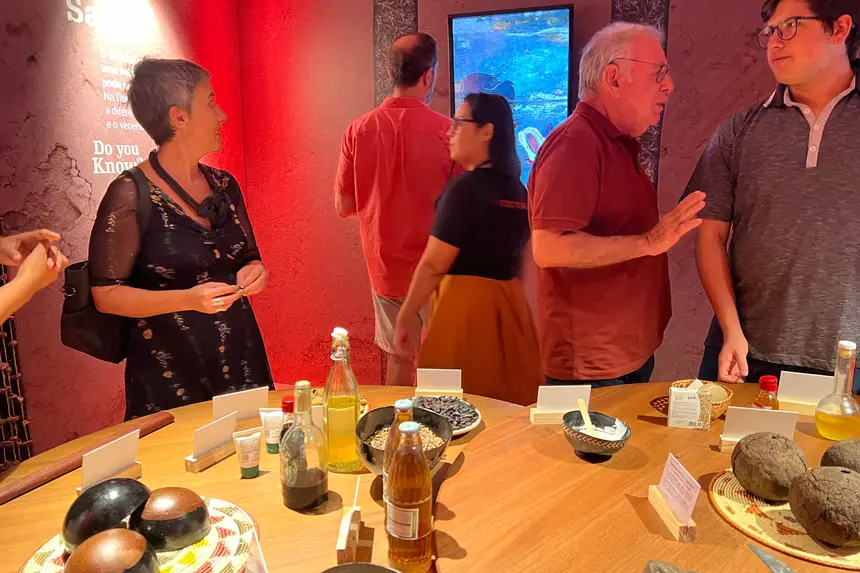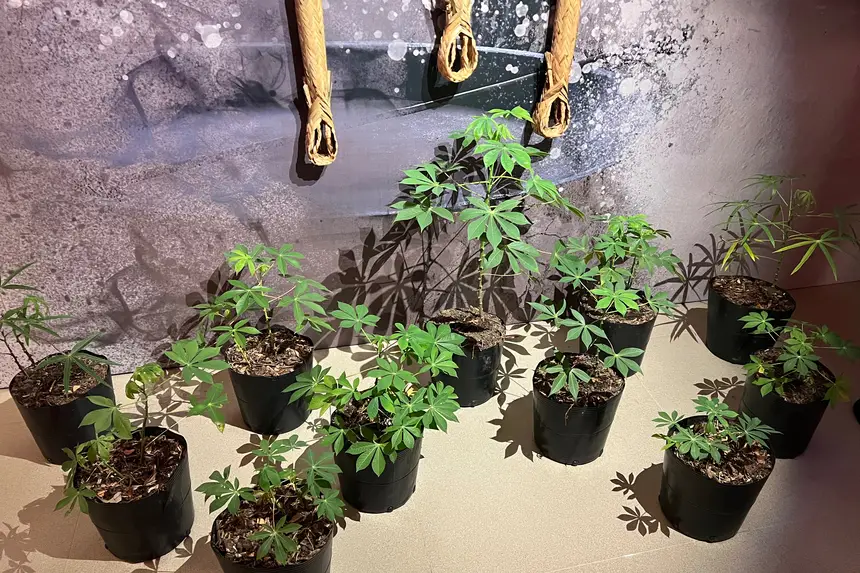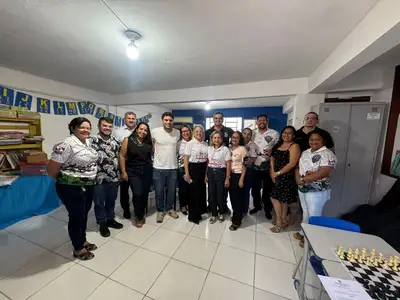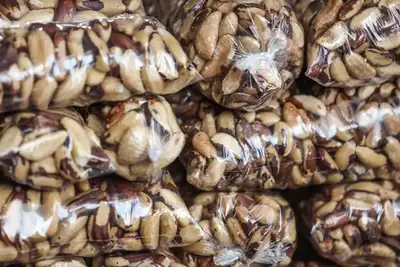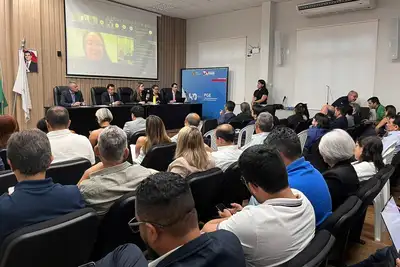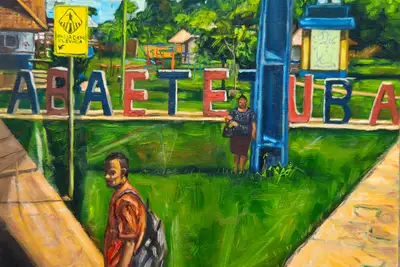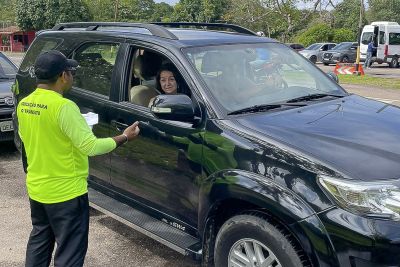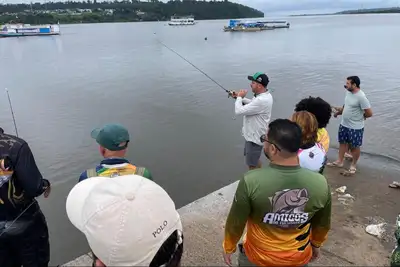Semas presents the Social Gastronomy Center of the Amazon and Aysú Exhibition
At the World Climate Conference in Belém, the sensory exhibition Aysú enhances the experience of Amazonian ingredients and knowledge
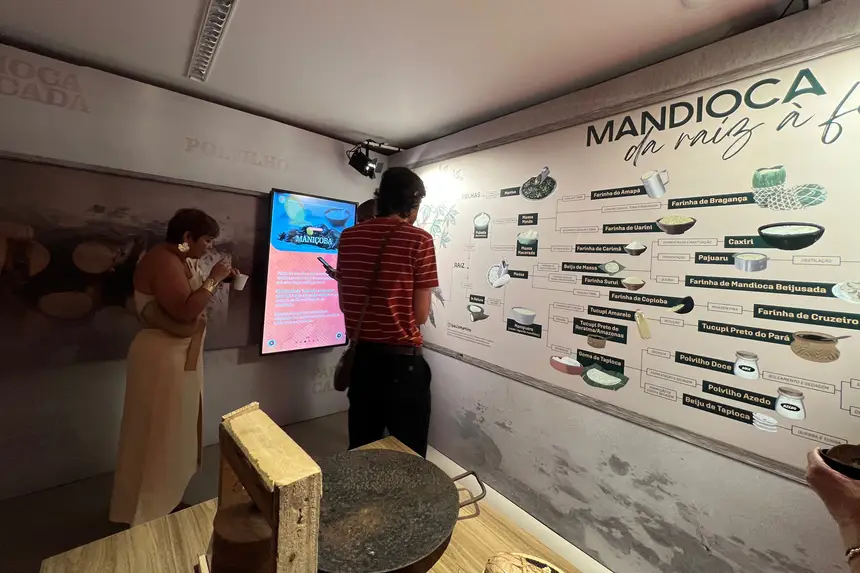
The State Secretariat for the Environment, Climate and Sustainability (Semas) presented, on Thursday (20), the Social Gastronomy Center of the Amazon - Tekoà, a strategic initiative of the Realiza Pará Project that reinforces the State Bioeconomy Plan (PlanBio) and values Amazonian food culture. The Center will be executed by the Paulo Martins Institute (IPM) and will integrate the Amazon Bioeconomy and Innovation Park.
During the launch, Semas highlighted that Tekoà consolidates gastronomy as a tool for sustainable development, income generation, and strengthening the productive chains of sociobiodiversity. The space will act as a center for education, innovation, research, and entrepreneurship, connecting producers, chefs, researchers, traditional communities, and entrepreneurs.
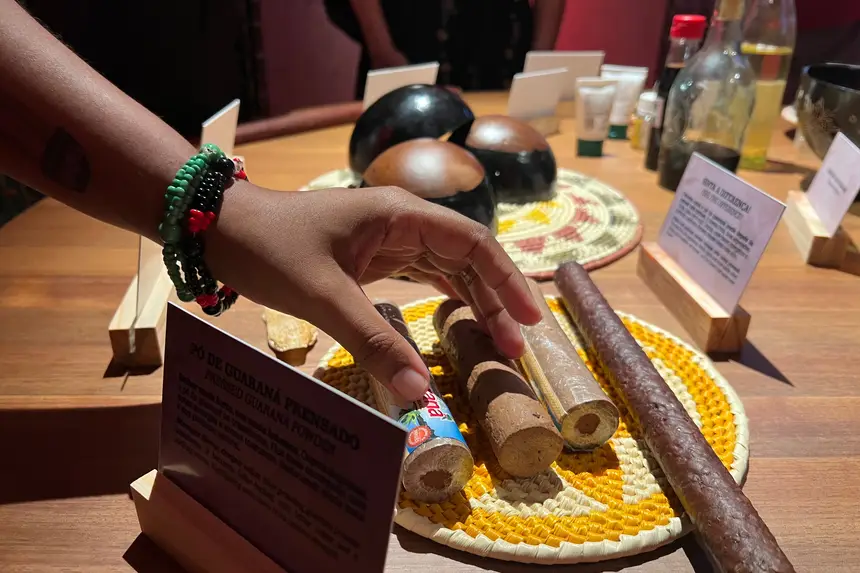
As part of the program, the Aysú exhibition – The Senses of Origin, which has been on display for a few days, presents Amazonian ingredients, knowledge, and flavors through a sensory and interactive experience. After the celebration cocktail held on the evening of the 20th, the exhibition will remain open to the public until mid-December, enhancing visitors' contact with the food diversity of the Amazon and strengthening the appreciation of regional inputs.
The Deputy Secretary of Bioeconomy at Semas, Camille Bemerguy, emphasized that the Center is a milestone in the implementation of public policies aimed at the green economy in Pará. “The creation of the Social Gastronomy Center reaffirms Semas' commitment to structuring lasting bioeconomy policies. During COP30, we showed the world that gastronomy is not just culture; it is also technology, research, and socioeconomic inclusion. Tekoà will be a permanent legacy of this historic moment for Pará,” she said.
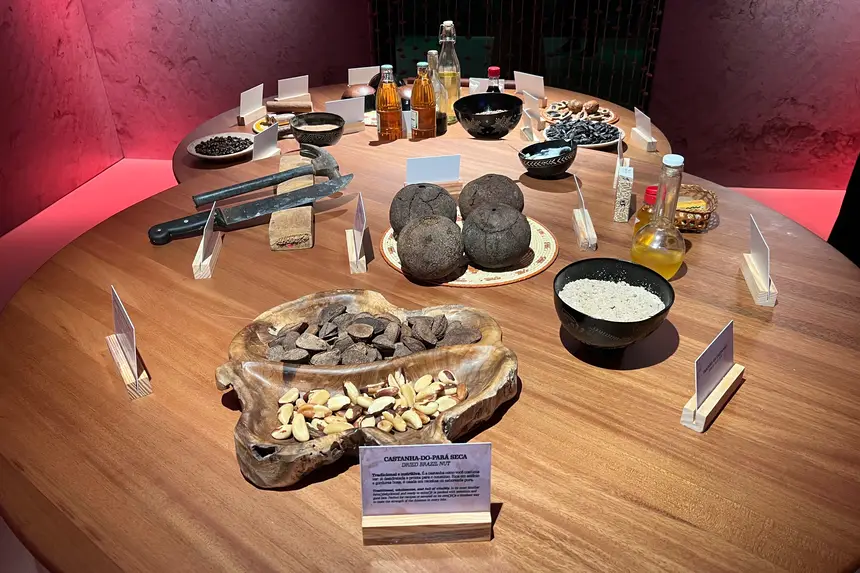
The Executive Director of the Paulo Martins Institute, Joana Martins, highlighted the relevance of Tekoà in boosting food sociobioeconomics and expanding the reach of Amazonian ingredients. “Gastronomy has this power to be a showcase for promoting our ingredients and bioactives from the forest. Tekoà arrives to connect sociobioeconomy businesses to the market and strengthen the training of professionals and entrepreneurs, opening pathways for Amazonian production to reach Brazil and the world,” she emphasized.
With infrastructure aimed at classes, laboratories, show kitchens, sensory spaces, and a museum area, Tekoà will be a permanent legacy of COP30, expanding investments and strengthening productive chains.


